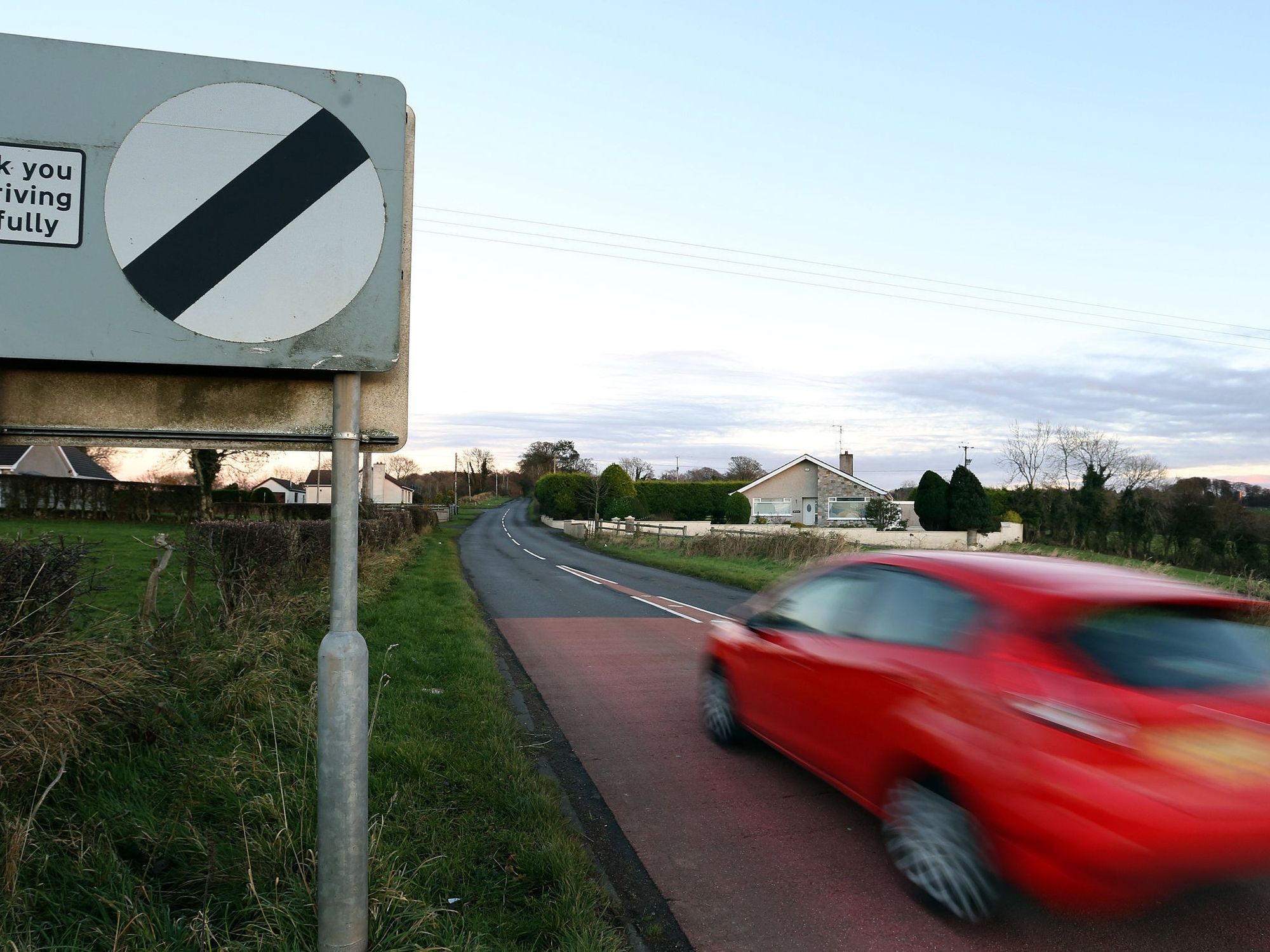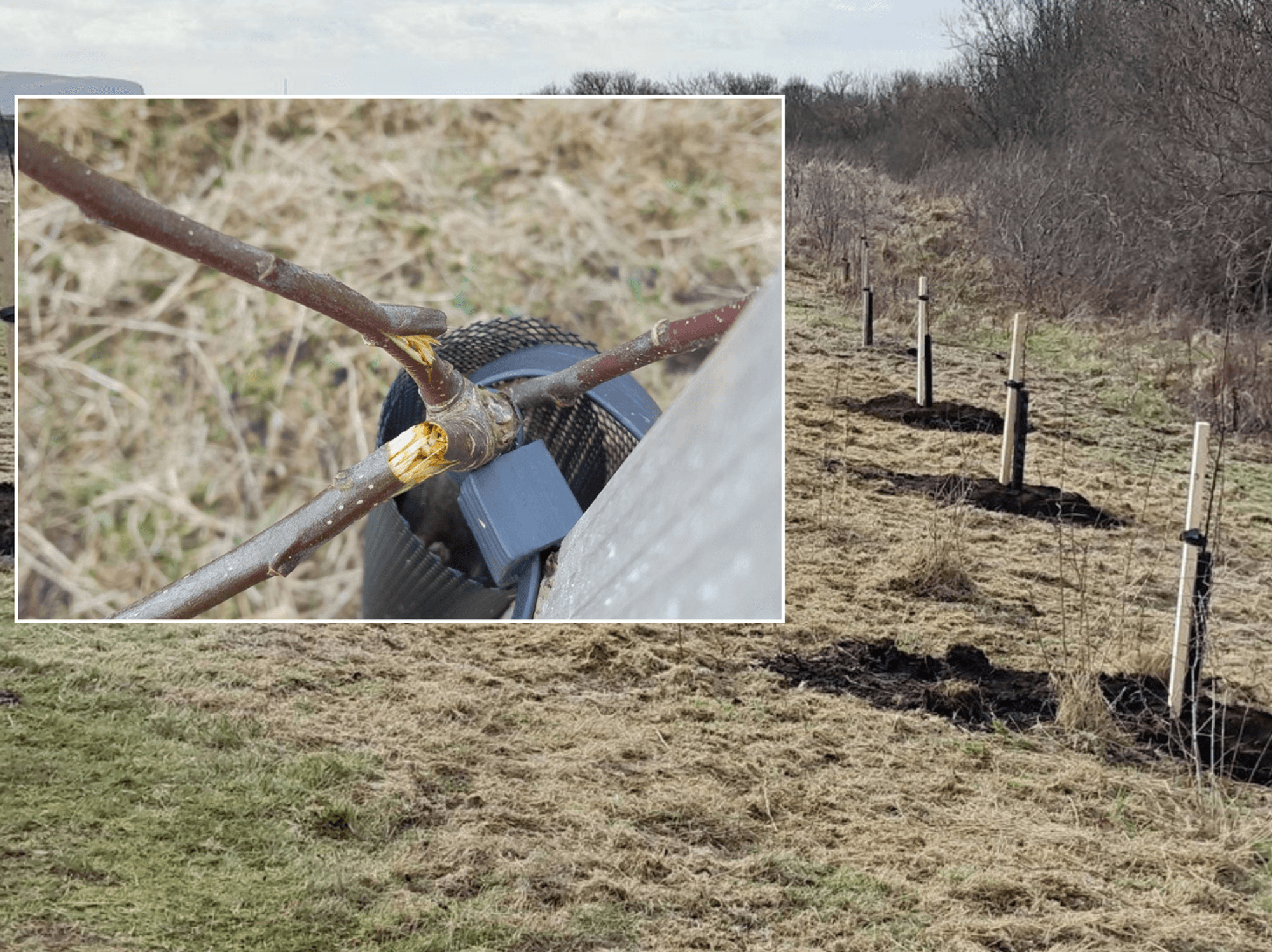Britons told to keep popular cleaning products away from their gardens - 'More harm than good!'
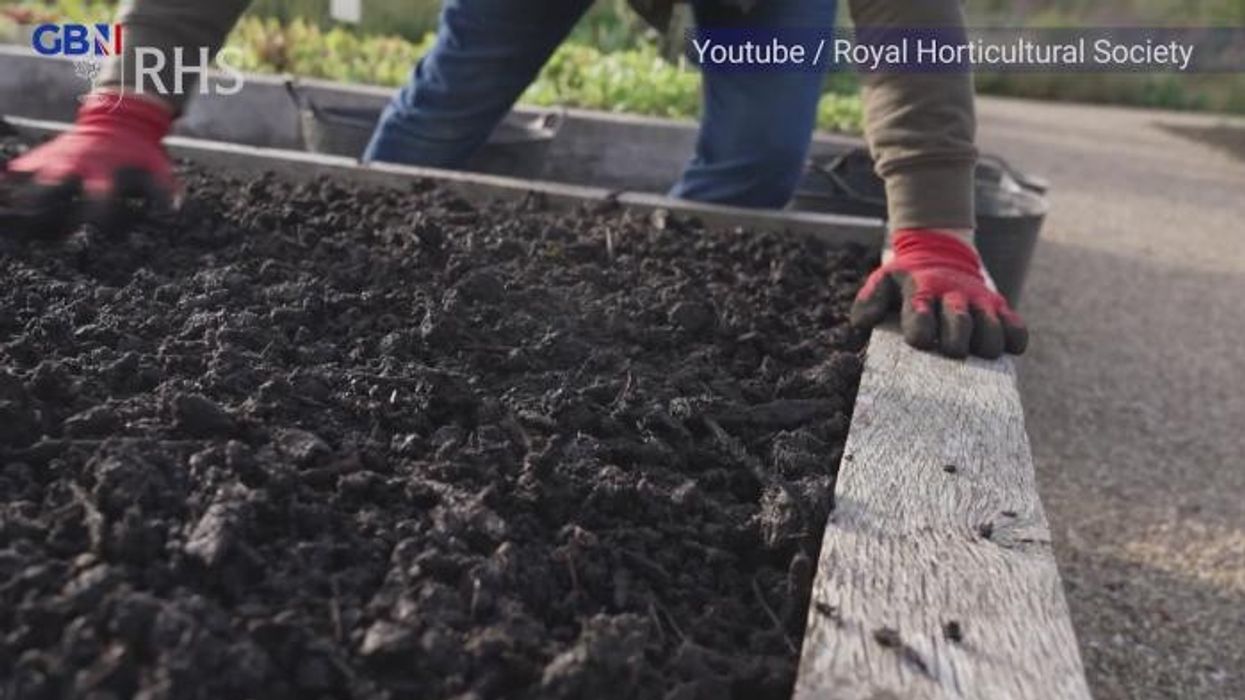
WATCH NOW: Royal Horticultural Society shares top gardening tips for beginners
|RHS
Although it can be tempting to use cheap products to scrub up outdoors, your go-to fixes may wreak havoc on your garden
Don't Miss
Most Read
Weather changes, environmental debris, organic stains, and moss growth can all make for a filthy patio, leading Britons to conjure up quick and easy cleaning solutions.
However, as you root through your kitchen cupboards, it's important to note this delicate garden feature calls for more sophisticated solutions.
According to patio maintenance expert Alex Essex, seemingly harmless kitchen staples could destroy your surfaces.
**ARE YOU READING THIS ON OUR APP? DOWNLOAD NOW FOR THE BEST GB NEWS EXPERIENCE**
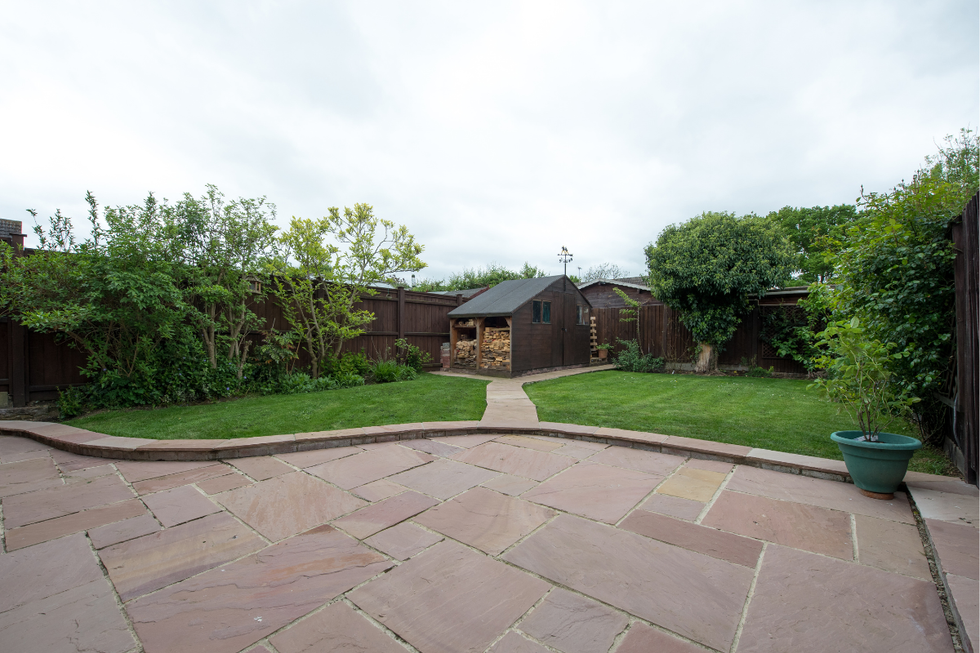
Alex warned against using seemingly harmless products to clean your patio
|GETTY
.
As households across Britain prepare their gardens for late-summer entertaining and bank holiday gatherings, the specialist identified seven common products that can cause lasting patio damage.
"Many people assume that if something is natural or commonly used indoors, it's safe to use outside," Alex explained.
However, contrary to popular belief, some popular substances can lead to permanent staining, surface deterioration, and even compromised structural stability.
Acidic substances pose particularly severe threats to patio materials, such as white vinegar. Despite costing as little as 40p per bottle and holding a reliable reputation as an eco-friendly cleaner, the solution contains acids that can corrode natural stone surfaces.
LATEST GARDENING TIPS
What's more, these acids cause dulling, etching, and can compromise the structural soundness of patios whilst harming nearby plants and potentially endangering pets.
Lemon juice and Coca-Cola are similarly dangerous, the expert warned.
While the citric acid in lemon causes discolouration and deterioration in limestone and sandstone surfaces, the soda combines acidity with high sugar content, creating sticky residues that draw wasps and ants rather than cleaning surfaces effectively.
Likewise, fatty substances like butter and cooking oil create treacherous conditions when applied to stone or concrete surfaces, creating slipping hazards that require specialist degreasing products to remove.
And, to make matters worse, in warm weather, these fats turn rancid, producing unpleasant odours and drawing unwanted pests.
Salt corrodes grout and destroys surrounding vegetation by contaminating the soil. What's more, the white residue it leaves behind adds to the gradual surface erosion.
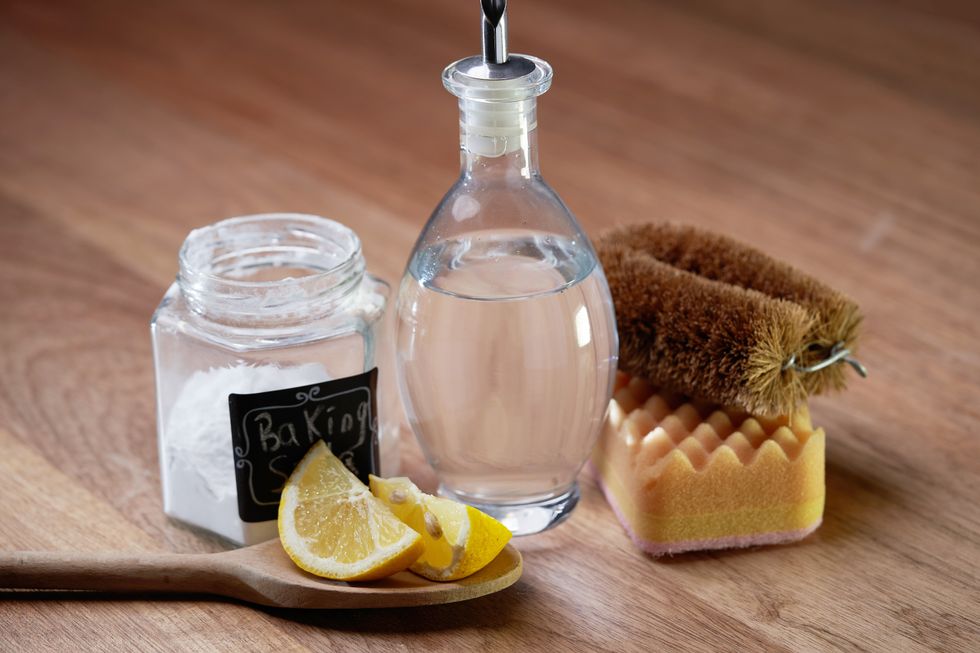
Acidic substances are particularly dangerous when deployed as patio cleaners
|GETTY
Caustic soda strips protective sealants and corrodes metal fittings while killing off your grass and beloved garden plants.
Non-bio washing powder also poses a slipping hazard, creating dangerous slippery films that become particularly horrifying during wet conditions.
Alex concluded: "It might seem smart to save a few pounds using cupboard staples, but it can end up causing more harm than good." Instead, he suggested picking out biodegradable alternatives.
Professional services or investing in purpose-made patio cleaners might also be a wise decision to "protect your garden in the long run", the expert advised.








